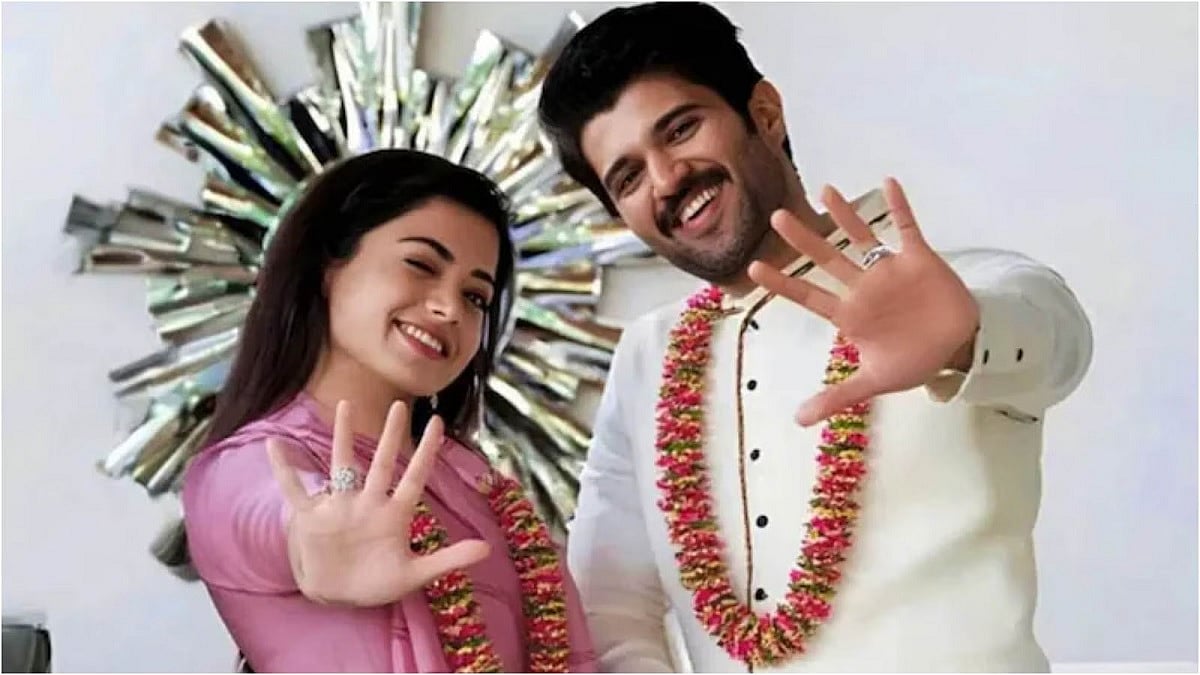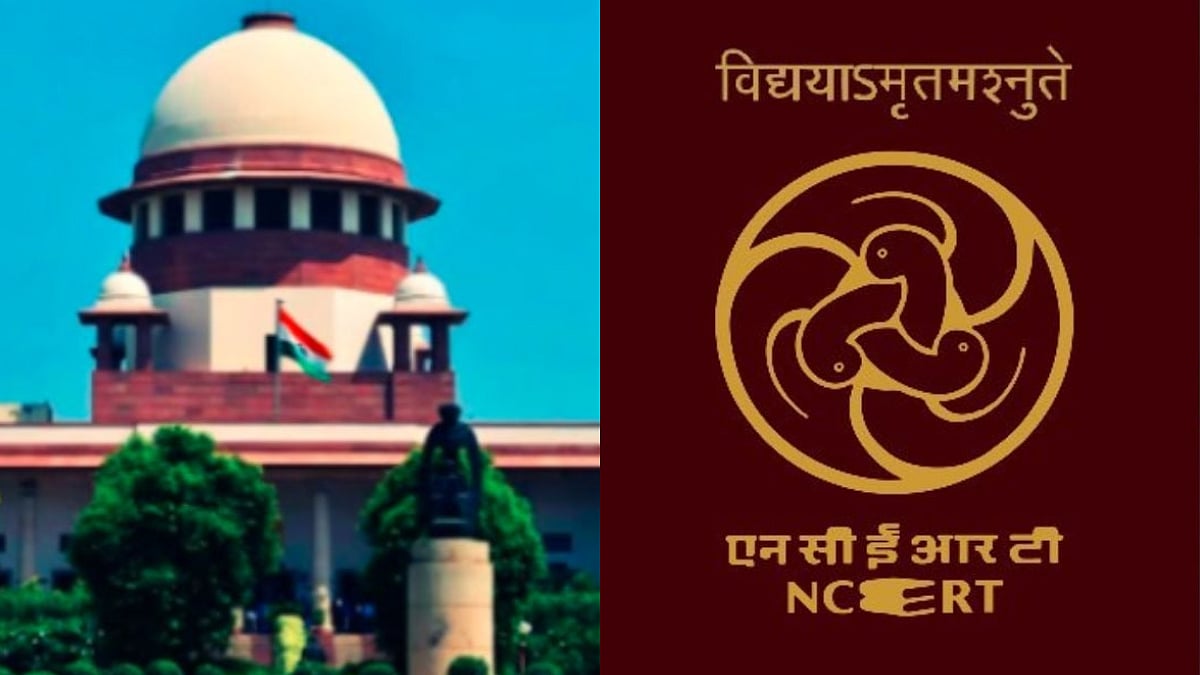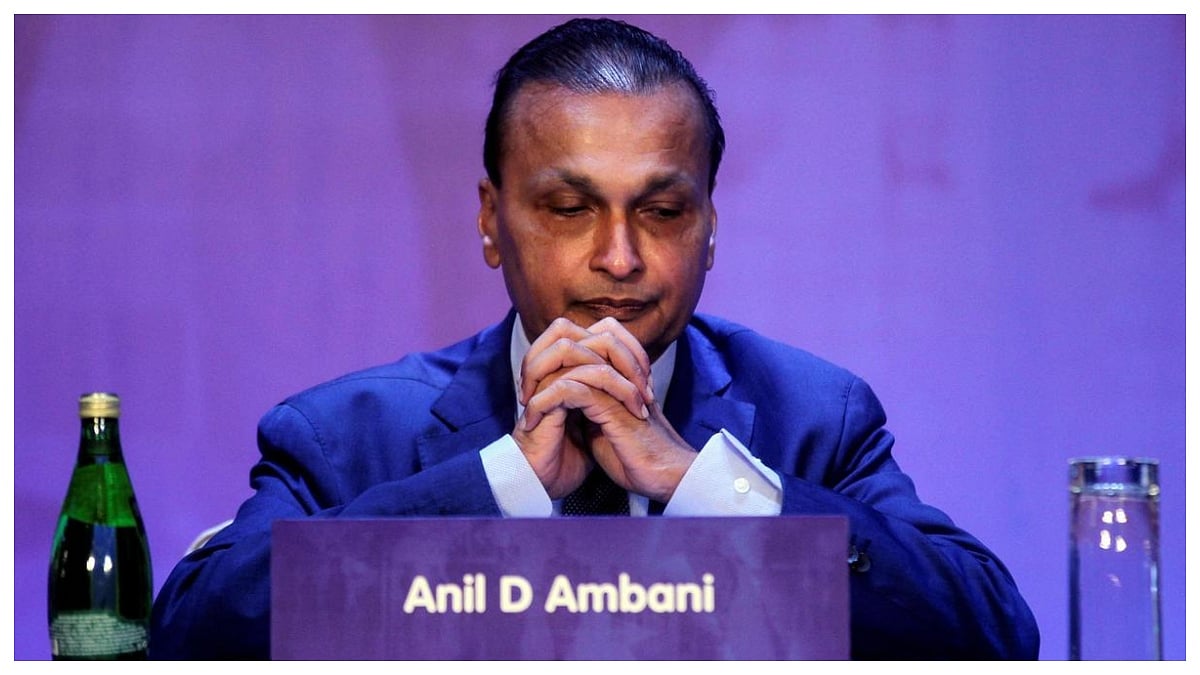When was the last time I emerged from a film so immersed in its visuals and the underlining philosophy that I wished the end credits would be delayed just a wee bit? When was the last time I had seen a film that moved me so much that it left me unwilling to move from the sofa I was sitting on for the next hour or so lest the spell breaks. When was the last time I had come across a film that posed so many questions? When was the last time a film had frustrated me so much with its unwillingness to provide easy answers, in fact, any answers at all — used as I am to being spoon-fed almost every bit of storytelling in the films I watch and write about. I am aware that most films one encounters are what we call ‘mainstream’ or ‘commercial’ cinema — there are also the other categories I read about in film reviews (time pass, one-time watch) — which has its own grammar and language, as opposed to the ‘arthouse’ aesthetics of Tathagat, but then these terms in themselves are restrictive.
Manav Kaul’s second feature is that rare film — one that defies categorisation, that uses a grammar and language that is as difficult to write about as it is to convey on screen with the subtlety and eloquence Tathagat manages. An elliptical pre-credit sequence involving a child and a monk’s dialogue on planting a bargad or a deodhar (how many films have you watched that contrast the sturdiness of one to the timeless magicality of the other and in the process bring into its ambit questions of Time?).
An equally enigmatic finale where again a monk and a child (signifying a closure between the present and the past?) come together to discuss the elusive nature of truth (does it lie where the seeker started out from or is it to be found where he has arrived at?). Bookended by these, a visual and aural treat teeming with parables (is the man dreaming of the butterfly or is it the butterfly in the dream that is dreaming about the man dreaming about it?) that resist the lure of the absolute.
Baba (Harish Khanna) and his disciple (Ghanshyam Lalsa) are ascetics living in that hoary refuge of renunciates, the Himalayas. The peace of their secluded, bare lives is shattered when Baba receives a letter informing him of the death of an aunt. This innocuous missive — one that ideally should not affect someone who has renounced all bondage — hurls Baba down a spiral of emotions long buried and unresolved.

But this ‘story’ is just a peg for the filmmaker to explore ideas around memory, guilt, self-doubt, redemption, and secrets too shameful to share (one can only write them down on a piece of paper and let it float away from the mountain top for a sense of closure). What does it take a man to renounce everything? Is it possible to do that? Is renunciation just an escape? Does the past live on? What if one wants to go back to the world one has left behind? As I mentioned at the outset … a plethora of questions, with no easy answers.
In 84 spare minutes, Manav Kaul explores the deepest recesses of the thinking human mind — the madness / passion that lies beneath the veneer of tranquillity, the equanimity that even the most troubled mind can aspire to. In Harish Khanna, Savita Rani and Ghanshyam Lalsa, the director has the perfect vehicles for the exploration he embarks upon. Not to mention Himanshu Bhandari, who plays Baba’s childhood self, and whose expressive face conveys all the nightmares, confusions and insecurities a child’s mind is capable of conjuring. The proceedings do tend to get a trifle self-indulgent at times but then that’s probably the nature of the beast.
Pooja Sharma’s cinematography is in complete sync with the introspective nature of the narrative and completes the immersive experience that Tathagat is.
Title: Tathagat
Director: Manav Kaul
Cast: Harish Khanna, Savita Rani, Ghanshyam Lalsa, Sayani Gupta
Streaming on: MUBI
Rating: 3 and a half stars
(Shantanu Ray Chaudhuri is an award-winning publisher, editor and a film buff)






